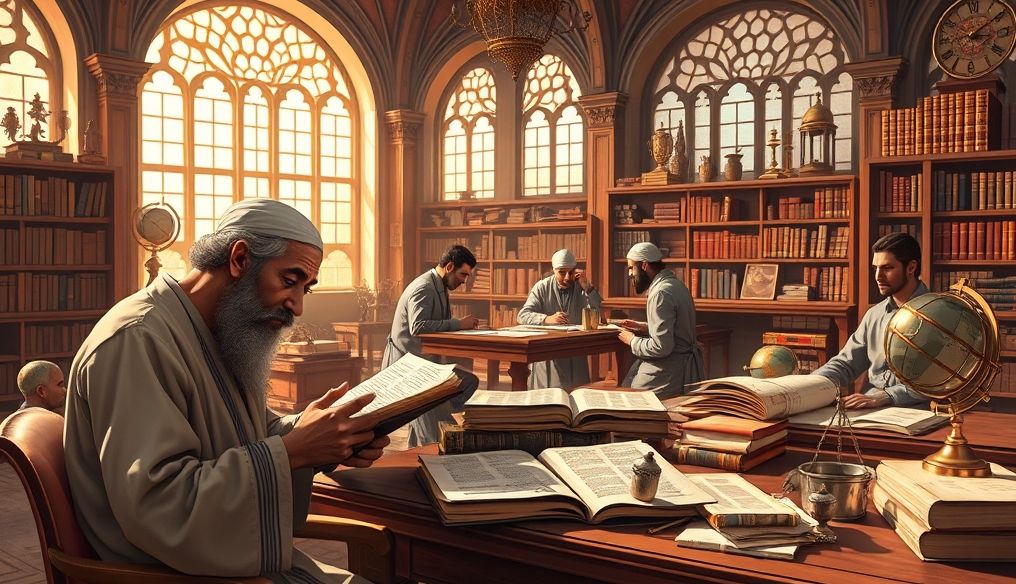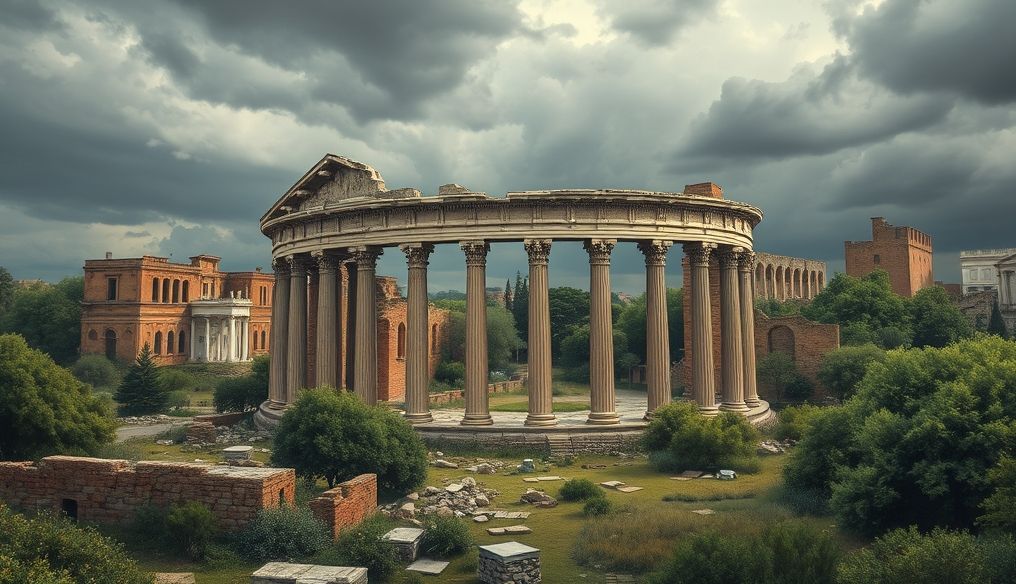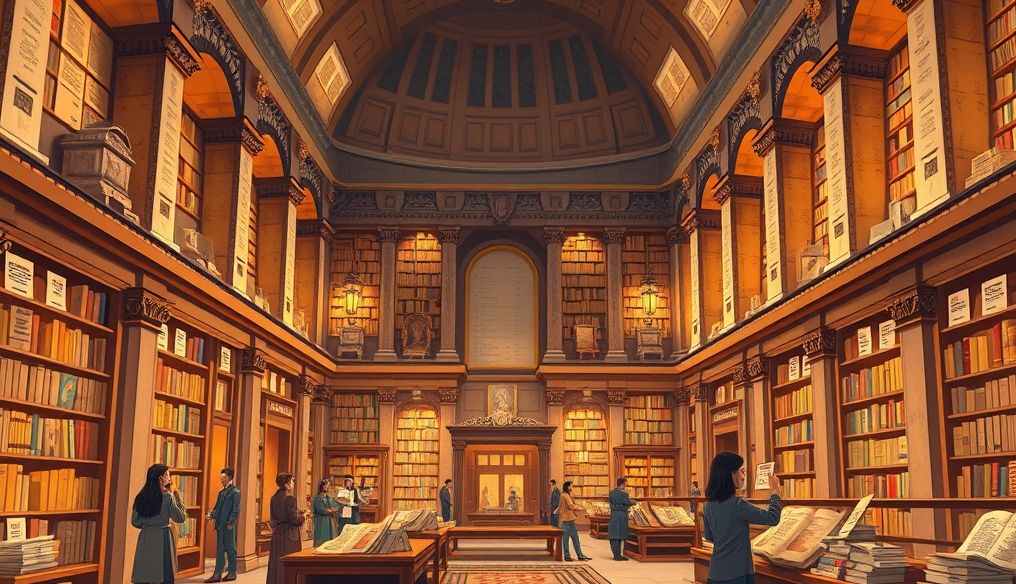How Did Islamic Civilization Contribute to the Revival and Development of Science in Europe?
History testifies to the pivotal role played by Islamic civilization in preserving and developing ancient sciences, and then transferring them to Europe, leading to an unprecedented scientific renaissance. While Europe was experiencing the Dark Ages, Islamic civilization was flourishing with scientists and thinkers who added valuable additions to various branches of knowledge.
Preservation of the Ancient Scientific Heritage
One of the most important contributions of Islamic civilization is the preservation of the ancient Greek and Roman scientific and philosophical heritage. Muslim scholars translated the works of Aristotle, Plato, Euclid, and other ancient scientists into Arabic, saving them from loss. Without these translations, much of the ancient knowledge upon which modern European civilization is based would have been lost.
Additions and Developments in Science
The role of Muslim scholars was not limited to mere translation and preservation, but they made important additions and developments in various branches of science. In mathematics, they developed algebra and added many new concepts to it, such as Arabic numerals, which replaced the complex Roman numerals. In astronomy, they accurately observed the stars and planets, and discovered many new astronomical phenomena. In medicine, they developed new methods of treatment and diagnosis, and established hospitals that were considered among the best in the world at that time.
Transfer of Science to Europe
Islamic sciences began to move to Europe in the twelfth century AD, through several channels, the most important of which were Andalusia and Sicily. Andalusia was an important cultural and scientific center, where Muslim, Jewish, and Christian scholars met, exchanged knowledge and ideas. Sicily was also another center for the transfer of science, where scholars translated Arabic books into Latin, and published them throughout Europe.
Impact of Islamic Science on the European Renaissance
Islamic science had a great impact on the European Renaissance. It contributed to the revival of ancient sciences, the development of new sciences, and the revolution in European thought. It led to the emergence of universities, the development of educational curricula, and the encouragement of scientific research. It also contributed to changing the Europeans' view of the world, and made them more open to new ideas.
Examples of the Impact of Islamic Science in Specific Areas
Mathematics
Arabic numerals: Greatly facilitated arithmetic operations, leading to the development of trade and science. Algebra: Established the foundations of modern algebra, which is the basis for many other sciences.
Astronomy
Observation of stars and planets: Contributed to the development of astronomy, and understanding the movement of planets and stars. Invention of the astrolabe: An important astronomical instrument used in navigation and measurement.
Medicine
Discovery of the pulmonary circulation: An important discovery that contributed to understanding the functions of the human body. Establishment of hospitals: Islamic hospitals were among the best hospitals in the world at that time, and provided high-quality medical care.
Chemistry
Development of chemistry: Muslim scholars developed chemistry, and discovered many new elements and compounds. Use of chemistry in industry: Muslim scholars used chemistry in the manufacture of perfumes, medicines, and glass.
Muslim Scholars Who Had a Profound Impact
- Ibn Sina (Avicenna): A physician, philosopher, and astronomer, his book "The Canon of Medicine" remained an important medical reference for centuries.
- Al-Khwarizmi: A mathematician and astronomer, considered the founder of algebra.
- Ibn al-Haytham (Alhazen): A physicist, mathematician, and astronomer, with significant contributions to optics.
- Al-Razi (Rhazes): A physician, chemist, and philosopher, with significant contributions to medicine and chemistry.
Conclusion
The important role played by Islamic civilization in reviving and developing science in Europe cannot be denied. Muslim scholars preserved the ancient scientific heritage, added many additions and developments to it, and transferred it to Europe, leading to an unprecedented scientific renaissance. Islamic civilization deserves appreciation and respect for its role in the progress of humanity.
"Islamic civilization was an important link between ancient civilizations and modern European civilization." - Unspecified Historian




